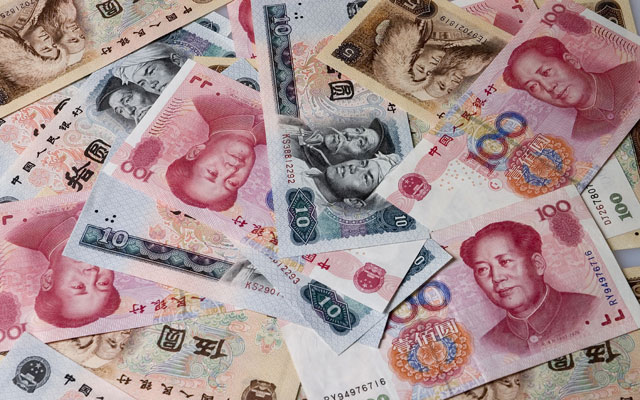China’s Financial Quandary: Get Used to It
Derek Scissors /
The finance media are discovering that China has trapped itself with bad monetary policy, joining a long list of countries in this situation. The media should next realize that China faces not a crisis but a long-term problem of untangling the effects of bad decisions made over several years.
The People’s Republic of China (PRC) clearly suffers from too-loose credit. This reduces the impact of additional liquidity, along the lines of pouring buckets of water into a lake and hoping for a flood. Beijing built its own trap with its panicked 2009 lending, which was wrongly praised by many. The extent of the problem has been obvious for some time.
The trap has closed. Thousands of projects started in 2009–2010 demand ongoing funding. The same is true for hundreds of firms that should have gone bankrupt. In light of overleveraging, the government hesitates to engage in further large-scale quantitative easing, but smaller amounts of money no longer have an impact. One result is short-term cash crunches.
It takes years of poor policy to simultaneously boast far too much credit and not enough cash. Beyond the 2009 hyper-stimulus, Beijing has refused to open the capital account, so money cannot leave or enter China freely. This creates a wall, such that the PRC accumulates a mountain of almost-useless foreign assets even while domestic liabilities explode.
The government insists that it is now committed to opening the capital account, but the process must occur over the course of the decade. It also could take that long for the People’s Bank to reduce domestic credit to sound levels.
China watchers will therefore become accustomed to notable financial problems cropping up periodically but consistently over the next five years or so. When the financial crisis erupted, even knowledgeable observers seemed taken by China’s unmatched ability to mobilize resources. But you still reap what you sow.

